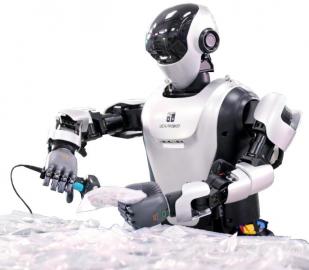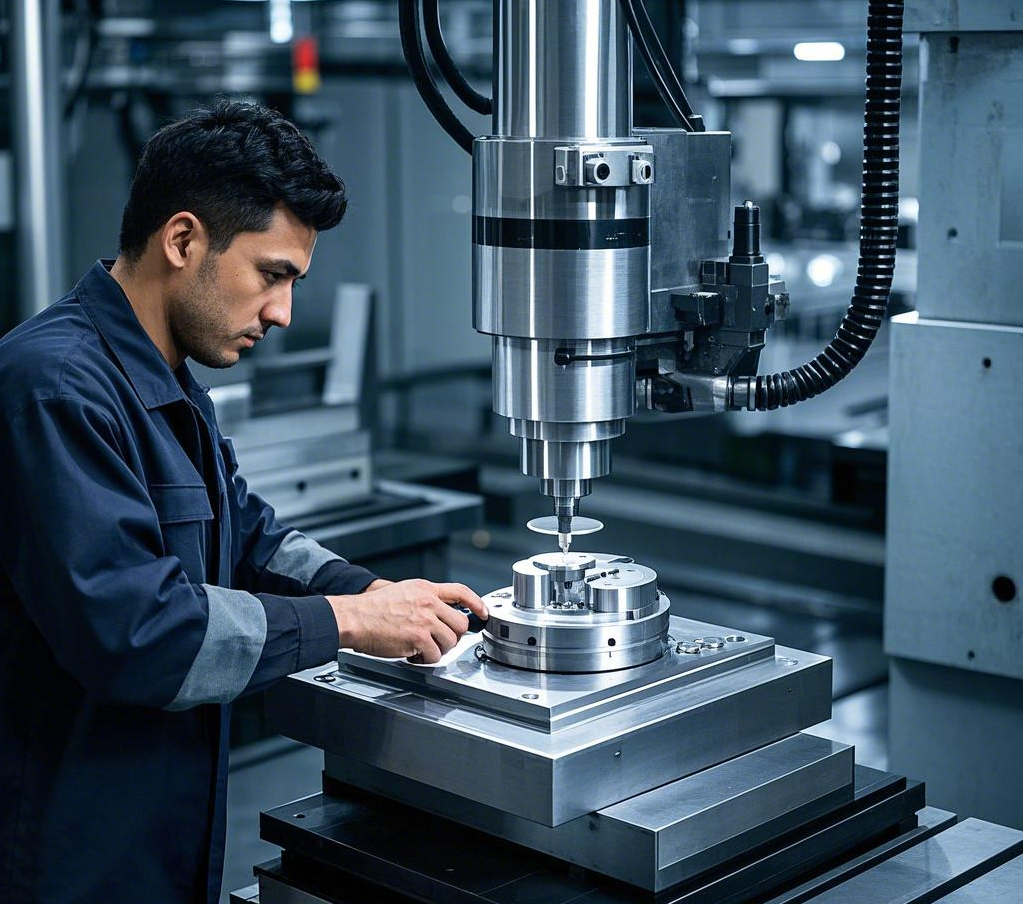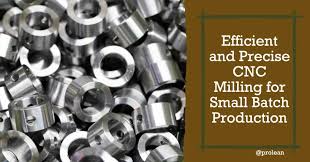Advantages and application scenarios of CNC machining
In modern manufacturing, CNC (computer numerical control) processing has become an indispensable technology. It is widely used in various industries for its high precision, high efficiency and flexibility. This article will explore in detail the main advantages of CNC machining and its application scenarios in different fields.
Main advantages of CNC machining
1.High Precision and Consistency CNC machining allows complex parts to be manufactured
accurately by using computers to control the movement of cutting tools. Its high repeatability
ensures consistent quality and size for each batch of products. This is particularly important in
industries that require high precision such as aerospace and medical device manufacturing.
2.Efficient production capacity Because CNC machine tools can operate automatically, manual
intervention time is greatly reduced, thereby improving production efficiency.
For enterprises that require mass production, CNC processing can significantly shorten the delivery
cycle and reduce production costs.
3.Diversified processing capabilities CNC processing is not limited to metal materials, but can
also process plastics, wood, composite materials, etc. Its flexibility allows it to adapt to different
materials and processing requirements, and is widely used in various fields.
4.Reduce human errors Traditional processing methods rely on workers’ manual operations
and are prone to errors. CNC machining minimizes human errors through digital control and
ensures product accuracy and quality.
5.Support for complex designs CNC machining can achieve complex geometries
and fine detail machining, which makes it popular in high-end manufacturing.
Whether it is a 3D curved surface or a complex internal structure, CNC machine tools can easily handle it.
CNC machining application scenarios
1.Aerospace In the aerospace industry, precision and durability are critical.
CNC machining can produce parts that accurately meet design requirements,
such as aircraft engine components, fuselage frames and fuel system components.
2.Medical Devices Medical devices often require highly customized and sophisticated components.
CNC machining can meet these needs and produce high-precision medical products such as implants,
surgical instruments and diagnostic equipment.
3.Automobile Manufacturing CNC machining is widely used in the automotive industry to
produce key components such as engine parts, transmission systems, and suspension systems.
Its efficient production capacity and consistent quality control make it one of the core technologies
of automobile manufacturing.
4.Consumer Electronics Consumer electronics products, such as smartphones, laptops and
wearable devices, require components with precise dimensions and lightweight quality.
CNC machining is capable of producing high-quality housings and internal components that
meet these requirements.
5.Mold Manufacturing CNC machining also plays an important role in mold manufacturing.
Whether it is an injection mold, a stamping mold, or a casting mold, CNC machining can
ensure the high precision and durability of the mold, thereby improving production efficiency
and product quality.
6.Construction and decoration In the field of construction and decoration,
CNC machining is used to customize complex building components and decorations,
such as metal curtain walls, carved panels and customized furniture. Its high precision and flexibility
allow designers to realize a variety of innovative architectural and decorative solutions.
Conclusion
CNC machining occupies an important position in modern manufacturing with its unique advantages. Whether it requires high-precision industrial parts or customized consumer products,
CNC machining can meet various needs. With the continuous advancement of technology, the application scope of CNC machining will be further expanded, providing more innovative solutions for all walks of life.




